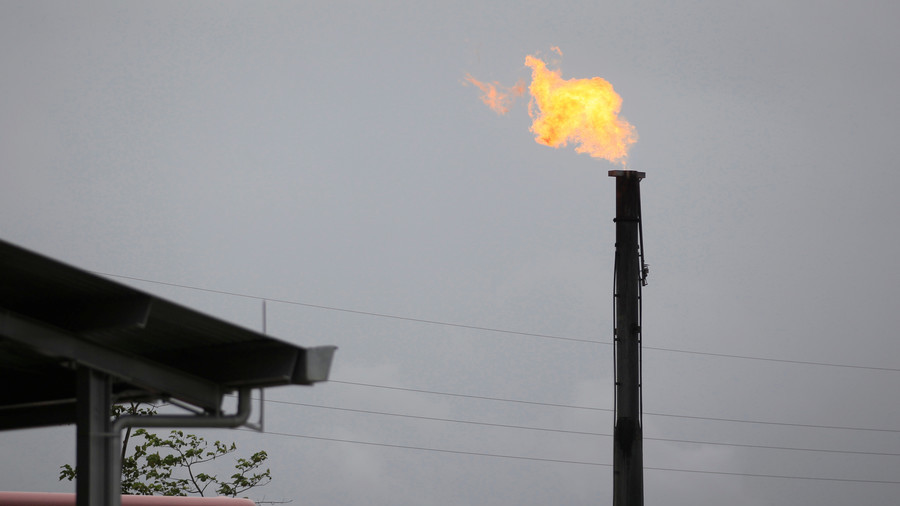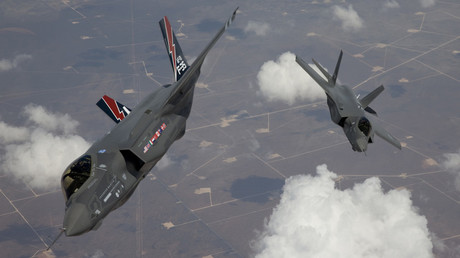'Who will heat us during winter?' Turkey rejects US plan to torpedo Iran’s oil exports

Turkey is happy to receive oil from Iran and won’t be joining US efforts to block Iranian crude exports, President Recep Tayyip Erdogan said, refusing to cut economic ties with "strategic partner" Tehran.
“Iran is both our neighbor and our strategic partner,” and severing ties with Tehran on America’s whim goes against Turkey’s “understanding of sovereignty,” Erdogan said on Wednesday.
Earlier this month, the US vowed to boost economic pressure on Iran, targeting its energy sector. Washington is planning to hit Tehran by “reducing to zero its revenue on crude oil sales,” Brian Hooks, the US State Department’s director of policy planning declared two weeks ago.
US officials traveled to Ankara hoping to get the nation on board with the planned energy blockade. But Turkey, which receives more than half of its oil from Iran, rejected the proposal. “Who will heat my country throughout the winter?” Erdogan said, as quoted by AP.
Similar sentiments were voiced by Turkish Foreign Minister Mevlut Cavusoglu. “We met a delegation from the United States, and said that we won’t participate in sanctions against Iran. We are getting oil from Iran. We are getting it under good conditions,” Cavusoglu toldjournalists in the Turkish town of Bodrum on Tuesday, as reported by local media. “We are not obliged to respect any country’s sanctions against Iran.”
Iran had been signaling that it will respond with countermeasures if the US moves to attack its oil shipments. The commander of the Revolutionary Guard Corps warned US President Donald Trump that steps to undermine Iran’s energy sector would be “a mistake.”
“The threat against our oil can be easily answered,” Major General Mohammad Ali Jafari said on Wednesday, according to local media.
Turkey’s defiant stance could potentially prompt the US to increase economic pressure on Ankara, which could mean trouble for Erdogan since the national economy is experiencing “difficult times,” Jamal Wakeem, professor at Lebanese University in Beirut, told RT.
“Turkish economy isn’t doing fairly well. The national currency, the lira, heavily devalued to the US dollar in the past two years,” Wakeem said. He added that further problems could lead to a backlash and encourage the Turkish opposition “to step up its demands” against the Turkish president.
Turkey’s refusal to support the anti-Iran plan, put forward by its NATO ally, comes at a particularly low point in US-Turkish relations. American lawmakers are pushing the Pentagon to scrap its decision to sell F-35 fighter jets to Turkey, citing Ankara’s openness to buying Russian S-400 air defense missile system. On Tuesday, US senators amended the legislation, effectively delaying shipment of the warplanes.
Another reason for the US opposition to selling arms to Turkey is Ankara’s imprisonment of pastor Andrew Brunson. The US national was charged with espionage and colluding with the forces behind the 2016 Turkish coup attempt. On Wednesday, the court rejected an appeal to release Brunson and put him under house arrest.


0 Comments:
Post a Comment
Subscribe to Post Comments [Atom]
<< Home